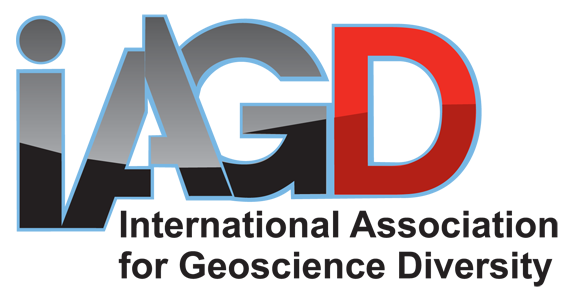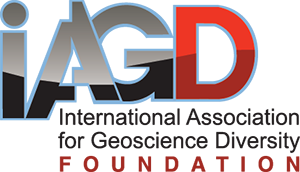6. IAGD Member Spotlight
»Sean Thatcher
City University New York – Staten Island
Growing up as an active member of the Boy Scouts of America I spent unfathomable hours camping, hiking, and boating, allowing me to develop a strong interest in our planet’s natural systems. This led me to pursue a bachelor’s degree in environmental science at the State University of New York in Oneonta, with the goal of becoming a field researcher. Unfortunately, life never goes according to plan. I had to forgo my academic pursuits due to a freak accident, resulting in me becoming a quadriplegic. After my accident, I spent two years working on my physical recovery, spending time in South Orange, NJ, and Baltimore, MD. Despite the obstacles I face due to my physical limitations, my accident has shown me that hard work, persistence, and a creative approach to solving problems are the keys to both my academic and personal accomplishments.
Returning to school after my two year hiatus was especially challenging for me. No longer could I physically write during my exams, take my own class notes, drive myself to school, nor work independently in a lab. More frustrating than the physical limitations I faced were the emotional ones, where I would reflect on what I used to be capable of doing, while facing the reality of my disability.
“I learned how technology, along with asking for a little help, would allow me to circumvent many of the physical barriers I faced in the classroom and in research.”
It was discouraging to look at a book and not be able to turn the page, arrive on campus and discover that an elevator was broken, along with managing occasional medical situations. To compound these issues, I was also comparing myself to other able-bodied students and felt like I was less valuable, both as a student and potential researcher.
Although I had these hurdles to overcome, I knew that nothing could be more difficult than the life-threatening medical issues I had already conquered. With the help of my family, friends, and professors, I learned how technology, along with asking for a little help, would allow me to circumvent many of the physical barriers I faced in the classroom and in research. Utilizing tablets and requesting a writer allowed me to keep up with course notes and finish exams in a timely fashion. Dictation software assisted me with keeping up with homework, especially essays – which are exceptionally difficult when you type with one knuckle. Research opportunities were also made possible by working in a collaborative environment, in which I would manage quantitative datasheets while others would physically collect the data. This led me to develop an interest in remote sensing technologies, and their applications in geoscience research initiatives.
Utilizing these technologies have culminated into several academic accomplishments – most notably the Barry M. Goldwater Scholarship, the Geological Society of America Minority Scholarship, and my participation in research programs such as the CUNY Pipeline Program and the CUNY Summer Undergraduate Research Program. I was also selected as a participant in the IAGD GEOPATH: Inclusive Field Experience that has allowed me to learn how to participate in field research, since Mother Nature does not adhere to ADA regulations. Despite my inability to hike up cinder cone volcanoes or climb down into the ruins of Native American heritage sites, with an open mind and a bit of planning I was able to participate equally alongside my fellow peers. This experience allowed me to not only to fly for the first time since my injury and participate in a once in a life time research experience, but it has also restored my hope of continuing field research in the future. As I apply to graduate schools this year to pursue a Ph.D, I firmly believe that it is not only possible to succeed as a student with a physical disability, but to thrive.



